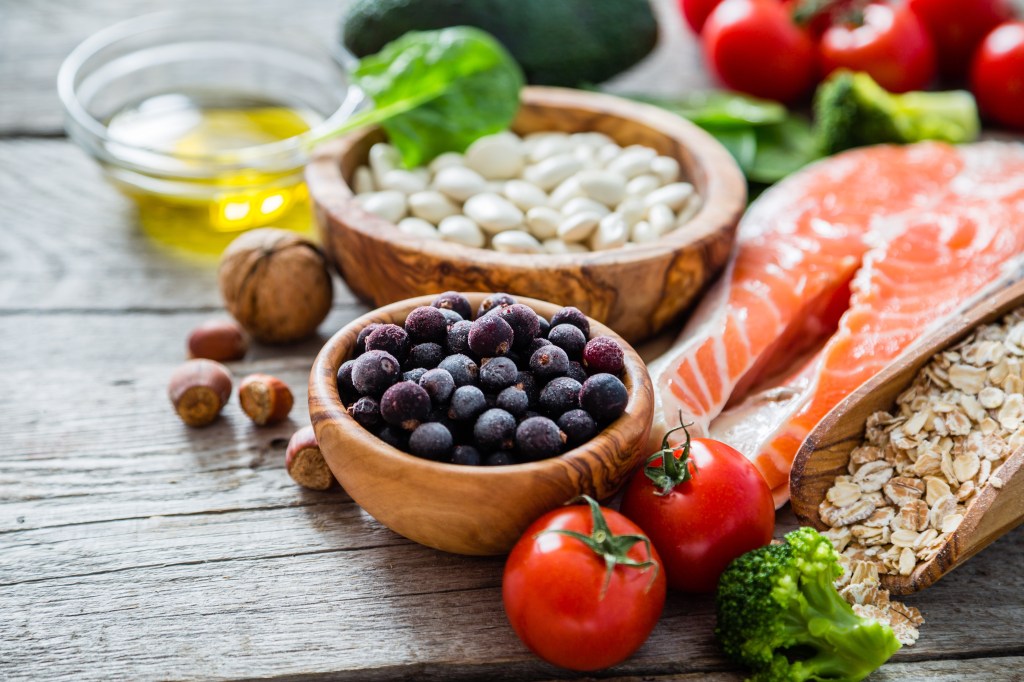
Consumers are expanding their eating habits to include healthier options and brands are taking advantage of these opportunities to capitalise on growth within the category, research from Information Resources Incorporated (IRi) has shown.
An IRi shopper survey found that 62% of Australians said that nutritional information displayed on the packet affected their purchasing habits; 53% of shoppers said they had or were planning on changing an aspect of their diet.
IRi’s channel insight manager Daniel Bone said there was a consumer and cultural shift towards health and wellness being driven by three distinct consumer segments including grocery, petrol and convenience and pharmacy.
The IRi report said wellness was a multifaceted lifestyle trend that comprised of both physical and emotional health.
The report also says that knowing the ‘what’, ‘how’ and ‘who’ of each product is becoming more important to consumers. The answers to these questions are the key to retailers gaining a better understanding of the consumer.
“This behaviour suggests that growth potential can be leveraged by enticing consumers to act on their positive intentions with regards to healthy food and beverage intake – this is evidenced by brands growing rapidly who are tapping into these consumer trends,” he said.
IRi said that products such as turmeric and sweet potato are amongst the fast-growing sales and on-trend format.
Turmeric is known to have powerful anti-inflammatory and antioxidant properties and sweet potato has been seen as a ‘category disrupter’.
According to IRi’s research, the value of sugar and sugar substitutes has dropped 5.1% and 7.2% respectively as Australian’s move away from sugars and highly processed foods.
As well as embracing nutritious ingredients, healthy alternatives are an inspiring proposition for consumers who want to move away from traditionally salty and sugar heavy foods and snacks.
Despite this, there is evidence that suggests levels of obesity in Australia have risen despite a decline in sugar intake.
An American Society for Nutrition study investigated recent trends in the availability of sugars and sweeteners across multiple independent data sources.
“As shown by global analysis, Australia and New Zealand experienced the single-largest absolute increase in adult obesity since 1980 (from 16% to 29%) and the single largest increase in adult female obesity,” it said.

